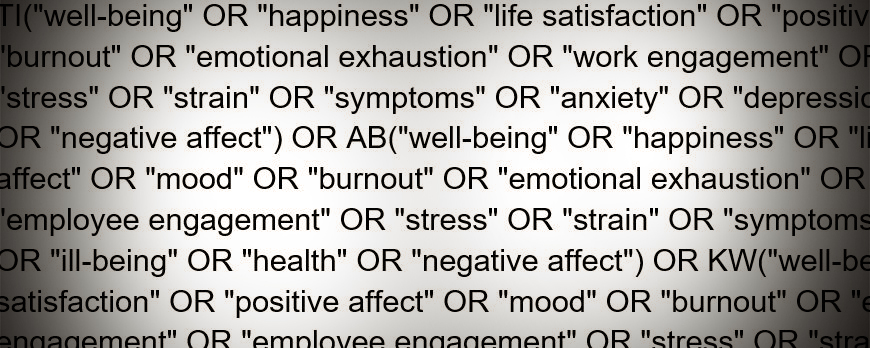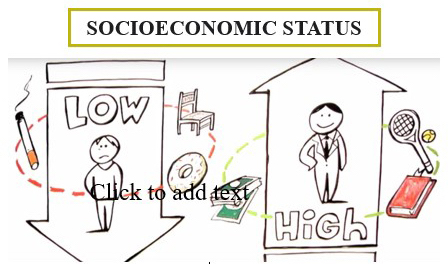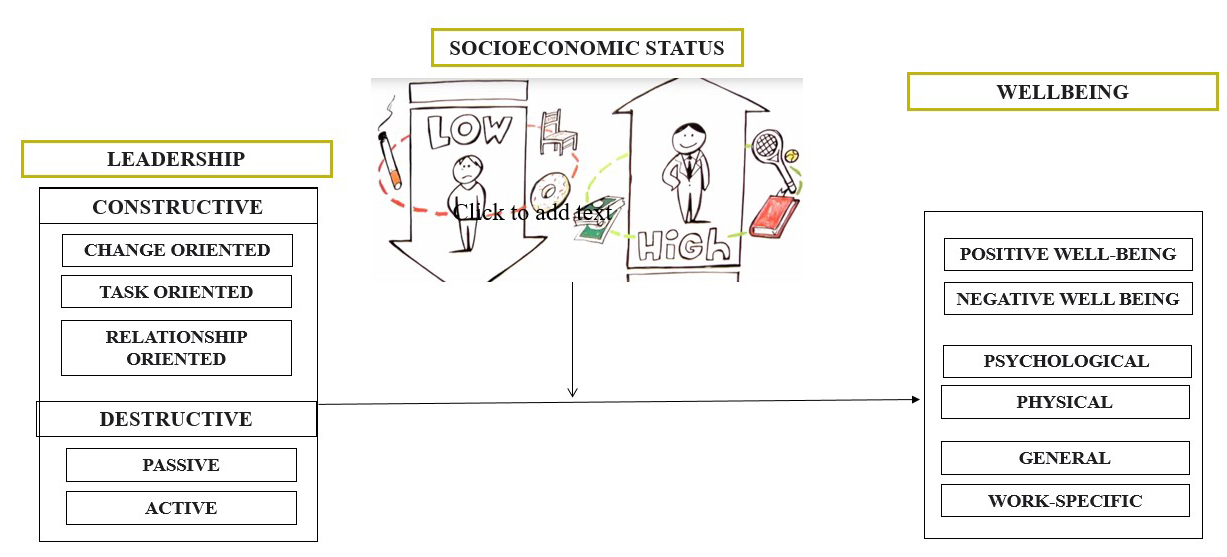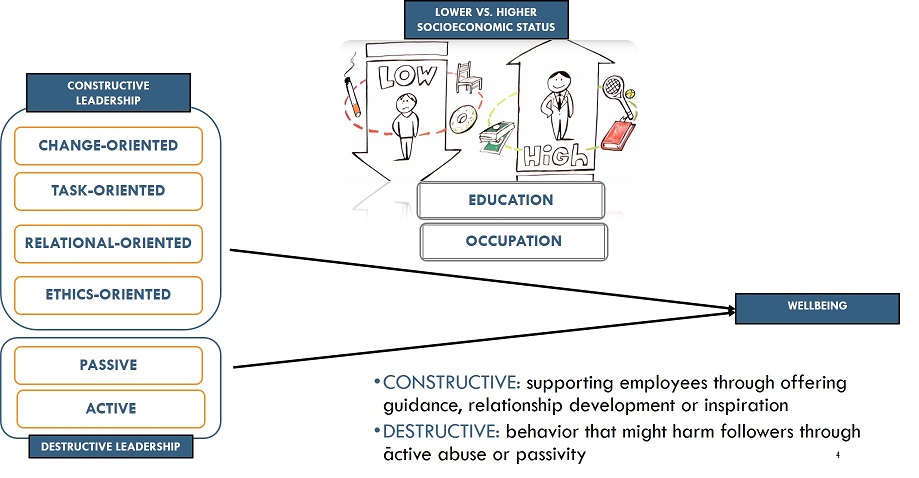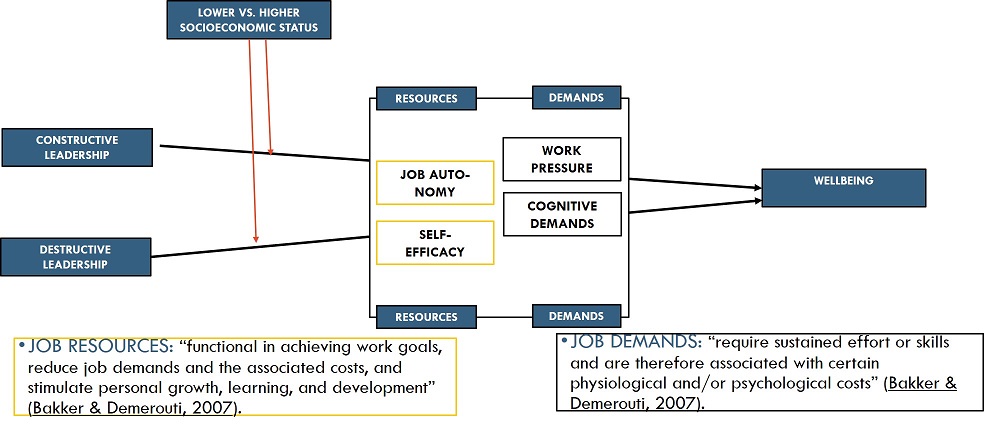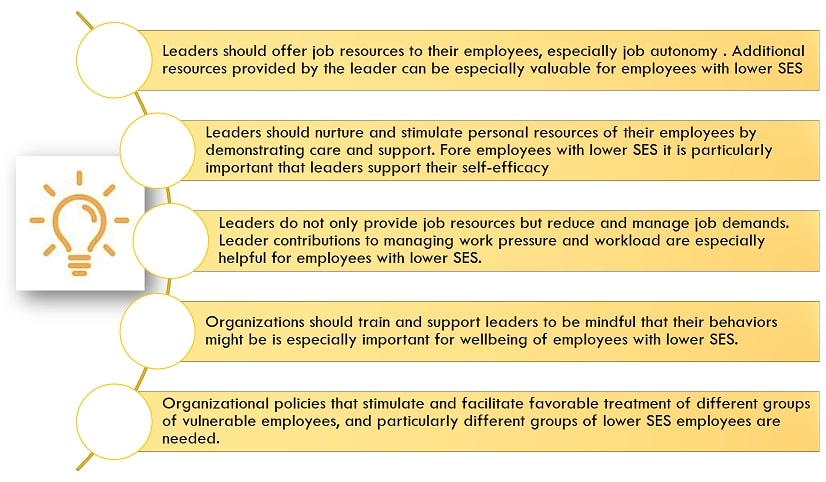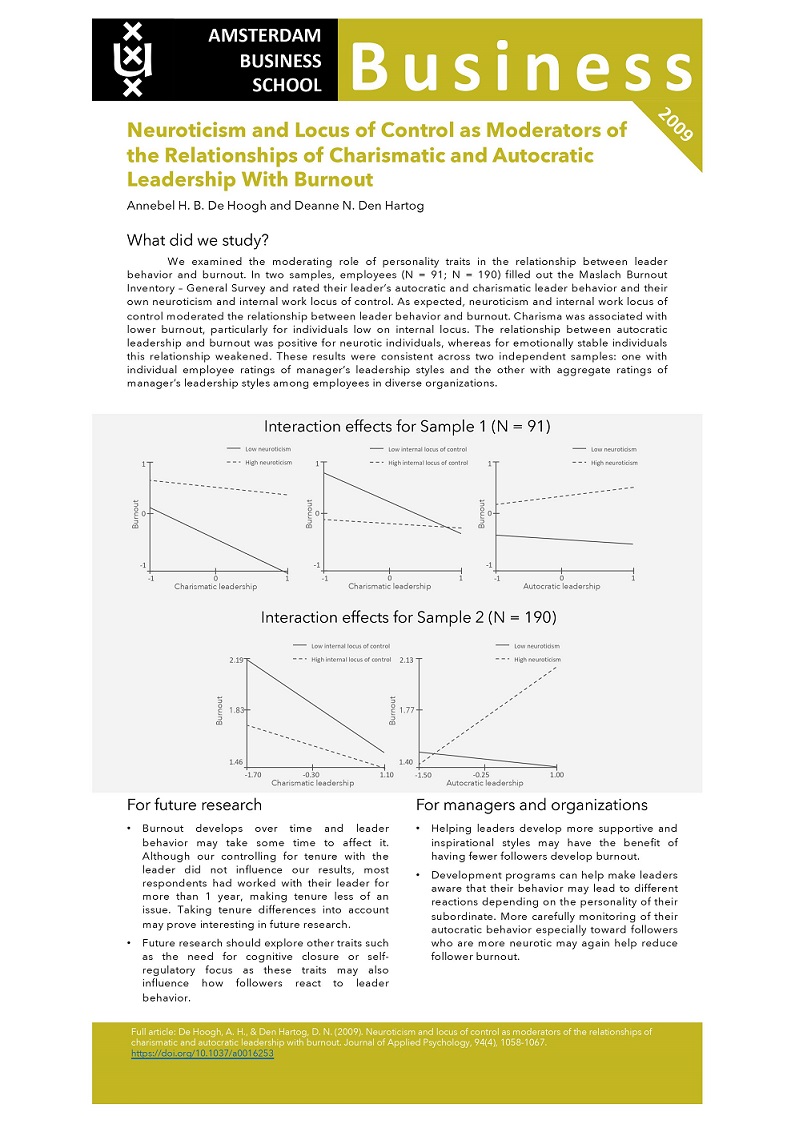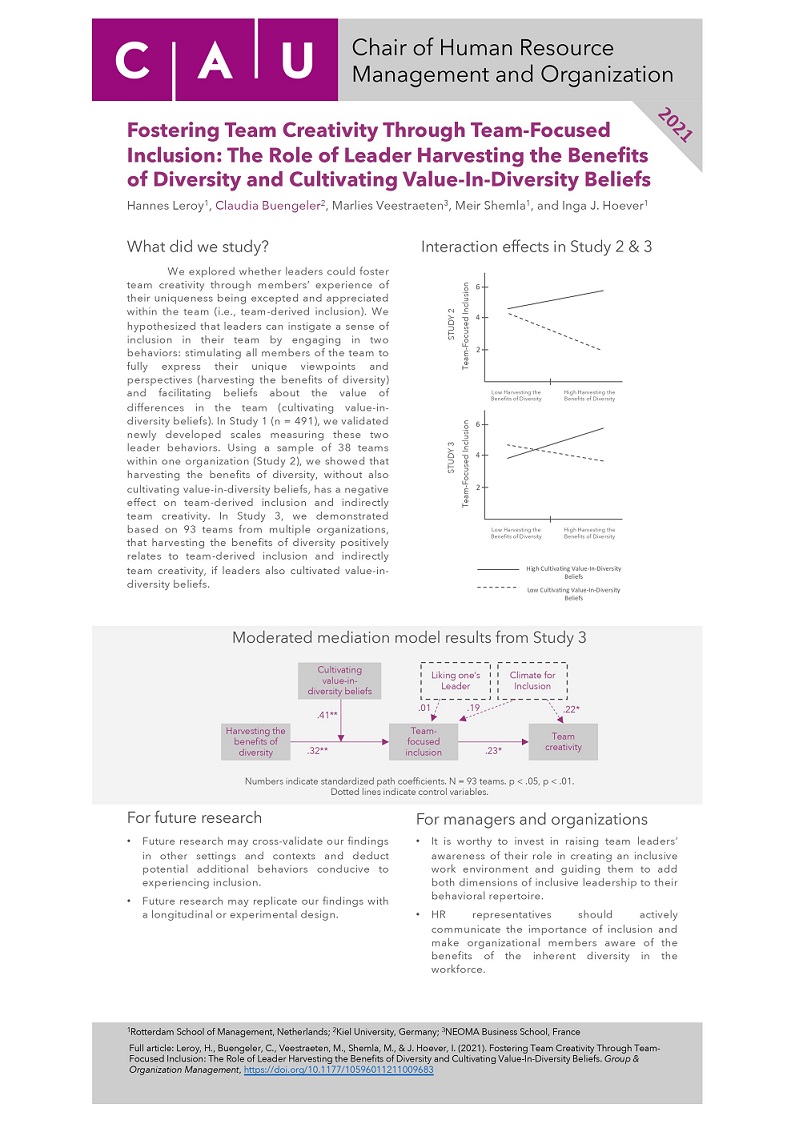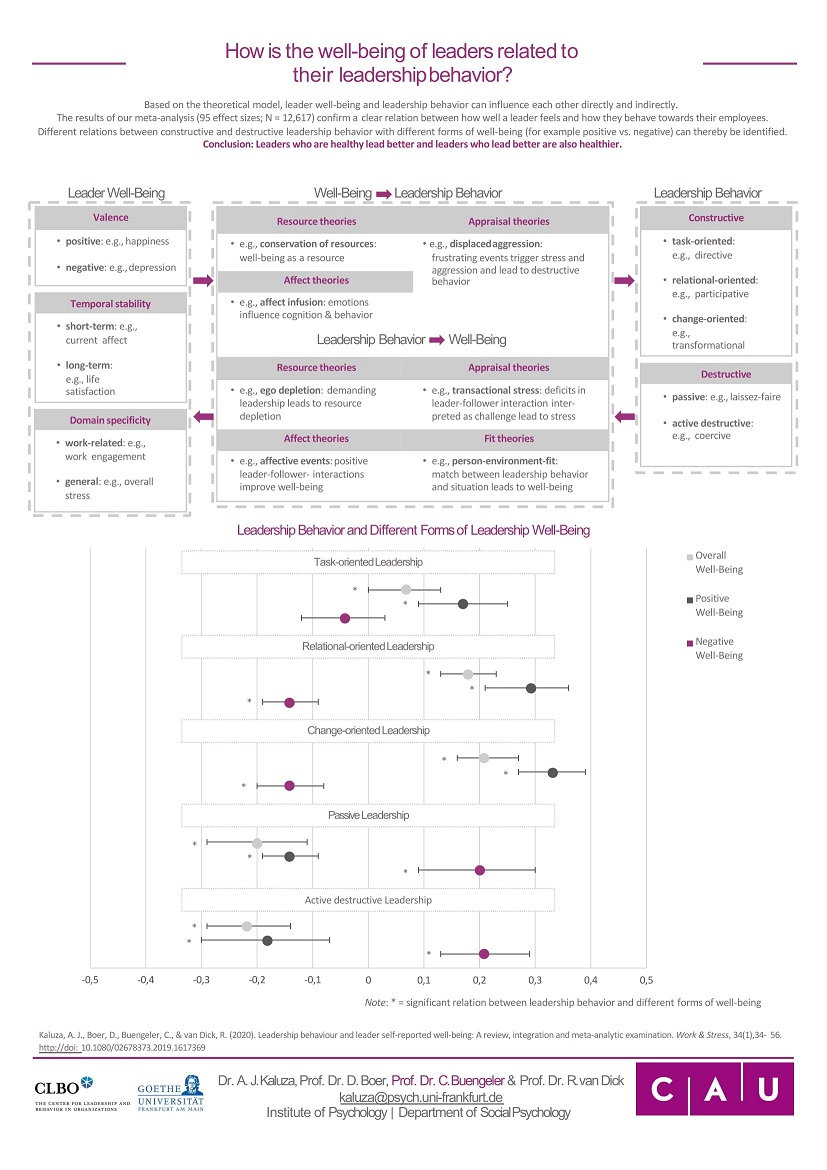LEADhealth Project
The overall objective of the LEADhealth project was to comprehensively determine the effect of direct supervisors’ leadership on health of workers with low socioeconomic status (SES).
SES is a complex and multidimensional concept which captures numerous indicators including education, economic resources, power, and occupational rank within a social-economic hierarchy that have been extensively linked to physical and psychological wellbeing across the lifespan.
In the LEADhealth project, looked into multiple indicators of SES to systematically and thoroughly access the potential change in the relationship between leadership and health among workers who vary on different dimensions of SES.
On the one hand, we looked into both leadership forms that are constructive (e.g., supportive or ethical leadership) as well as destructive (e.g., abusive supervision) and test whether the differences in leadership can indeed help explain why some workers with low socioeconomic status stay healthy while others suffer from poor health. On the other hand, we aimed at investigating leadership effects on physical and psychological health, understood as the absence of negative dimensions (e.g., burnout, chronic stress, physical ill-being), but also as the presence of positive dimensions (e.g., perceived health, psychological well-being).
To reach the objective of the project, we performed three empirical studies: a meta-analysis, a study based on a large-scale survey on a representative sample of Dutch workers, and a longitudinal survey study in the first eight months of the COVID-19 pandemic.

The Netherlands Organisation for Health Research and Development. ZonMw funds health research and stimulates the use of the knowledge developed to improve health and health care. ZonMw promotes care innovation throughout the entire knowledge chain, from fundamental research to implementation. Through various subsidy programmes ZonMw supports development and practical application in the area of prevention improvement, care and health. The work field of the knowledge chain as a whole is broad, making ZonMw a unique organisation. ZonMw’s main commissioning organisations are the Ministry of Health, Welfare and Sport and the Netherlands Organisation for Scientific Research.
